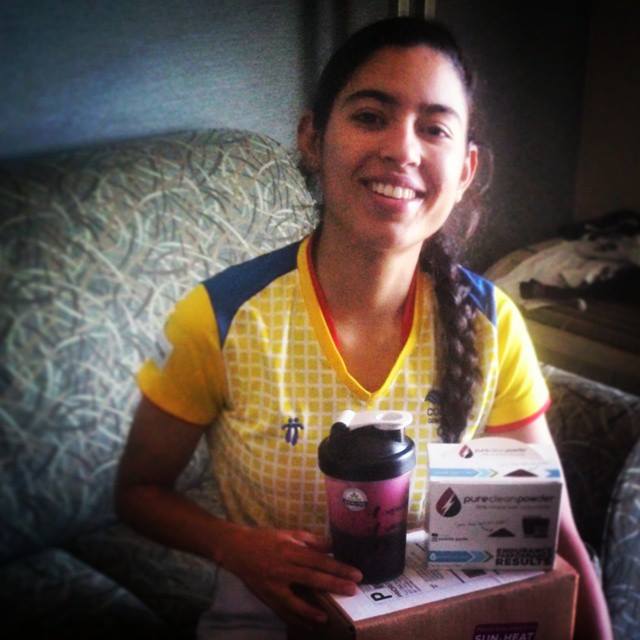
This week’s newsletter features a guest post from one of our longtime customers. It’s a thoughtful reminder to look past the noise and question where our health advice is really coming from.
The key takeaway: don’t blindly follow one-size-fits-all guidelines from large institutions or corporate campaigns. Advice is often theoretical; your health is real. When in doubt, less is more—avoid harm first. And remember, the simplest path toward better health often starts with questioning whether the “easy” or “cheap” option carries hidden costs down the line. Sometimes the smartest choice is to grow something yourself, cook from scratch, or take small, sustainable steps alongside a supportive community.
Where to Find Reliable Nutrition Advice
With endless diets and “expert” opinions swirling online, it’s worth asking: where do you turn for advice you can trust? The best place to start is tangible—your produce department. Every fruit and vegetable there is real, nutrient-dense food. Build at least 80% of your grocery cart from whole foods—vegetables, fruits, beans, and quality proteins—and you’re already ahead of most diet plans.
The Weight Loss Trap
“I just need to lose weight” often leads people toward unsustainable fads. Quick fixes can produce short-term results, but they rarely last and often make things worse when you stop. A better approach is building a foundation: eat whole foods, learn simple ways to prepare and season them, and enjoy meals you’ll want to repeat. Consistency beats extremes.
What About Oils?
Not all oils are created equal. Highly processed seed oils and generic “vegetable oils” are cheap but damaging when overused. A smarter choice is cold-pressed oils with minimal processing: extra-virgin olive oil, avocado oil, coconut oil, walnut oil, or pecan oil. These options cost more upfront, but they support long-term health far better than refined seed oils.
Choosing Real Olive Oil
Olive oil is often cut with cheap fillers. Look for dark glass bottles with harvest dates and bold flavor. Real olive oil smells fresh and tastes peppery. If it’s labeled “mild flavor,” that’s usually a red flag. If a store consistently stocks weak or counterfeit brands, let them know and support the producers offering authentic oil. Consumer choices and feedback drive supply chain quality.
The Bottom Line
Sound nutrition is not complicated: stick with whole foods, minimize processed inputs, and keep questioning shortcuts that promise too much. By shopping smart, cooking simple, and staying consistent, you’ll build a foundation that supports your health in 2025 and beyond.
